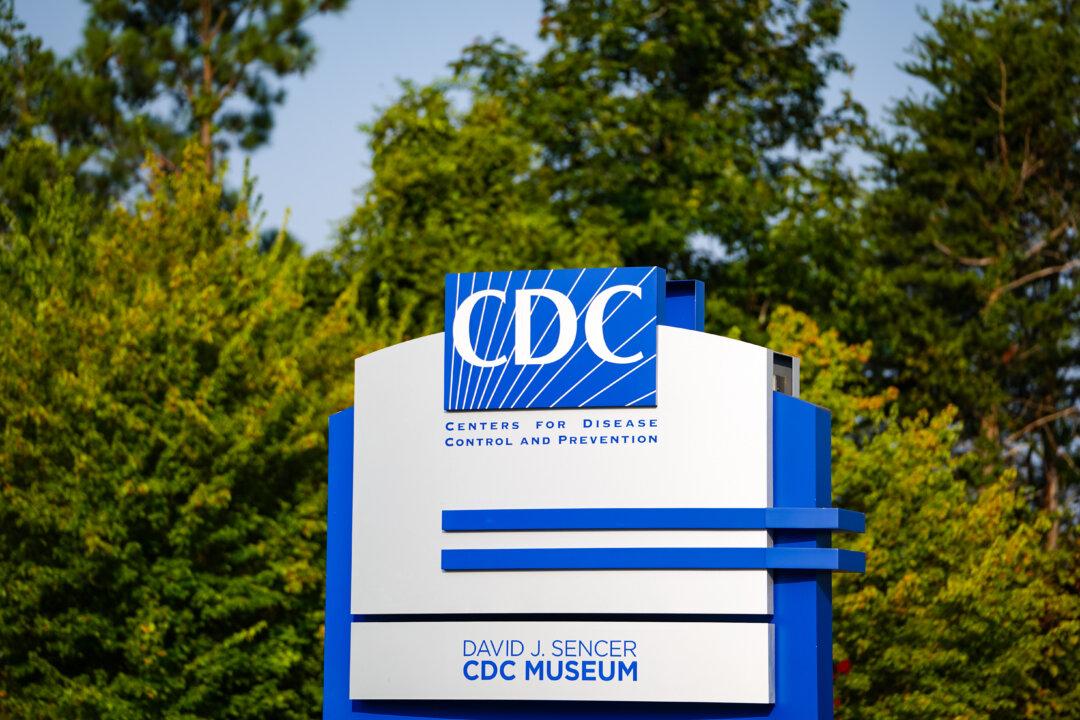The Centers for Disease Control and Prevention (CDC) has changed its recommendations regarding Respiratory Syncytial Virus (RSV) vaccines for seniors ahead of the upcoming respiratory viral season and is now recommending the shot for all seniors over 75, without the need for evaluation from a healthcare professional.
In a June 26 press release, the health agency also confirmed it has narrowed the criteria for those aged 60-74 to receive the shots.




